|
12/31/2013 Reflections on See the Triumph's First YearBy Christine Murray, See the Triumph Co-Founder
Tomorrow will mark one year since we launched See the Triumph on New Year’s Day 2013. As we reflect on this past year, I wanted to share some of my thoughts about what we’ve done this year and where we hope to go next year. First, I am so thankful to everyone who has supported See the Triumph in any way. We have connected with so many amazing people through our various social media platforms, and it’s an honor to work alongside you in our efforts to end the stigma surrounding intimate partner violence. We are especially thankful to all those who have contributed blogs and other resources for us. We have a great team! In addition, we are very grateful to our partners at the Stop Abuse Campaign who have helped us to grow and refine our message. Second, the further we’ve gotten with See the Triumph, the more I’ve realized the depth of the stigma that we’re up against. We knew based on our research and clinical experiences that this stigma is a significant problem. However, as we’ve connected with members of our various social media communities, we’ve heard so many more stories and seen so many more examples of just how deep the stigma can run. And the more we have been paying attention, the more we see of the stigma all around us--and especially how intimate partner violence is often depicted in the media. We know that this stigma makes it more difficult for survivors, as well as for the organizations that work to prevent and respond to intimate partner violence. There is much work to be done to end this deep-rooted stigma. My third reflection here, though, is that the inspiration, strength, and desire to help that survivors demonstrate will be the fuel that drives the social changes needed to end the stigma surrounding intimate partner violence. In our research, we heard time and again from survivors that they wanted to share their stories so that they could help others facing similar challenges. We’ve also seen this same spirit through our social media campaign. We’ve heard from survivors all over the country who want to share their stories and other resources to help others. In addition, many survivors feel called to become advocates for ending domestic violence, and it’s been an honor to connect with survivors to work in partnership toward these advocacy goals. When survivors share their stories of the seemingly insurmountable challenges that they triumphed over, it shatters the stigma and promotes a new view that survivors are triumphant, courageous, and resourceful. Fourth, our work with See the Triumph has shown me yet again the value that lies in going outside of your comfort zone. Allison and I are both academics, and to be honest with you, when we began See the Triumph, we had no idea what we were doing! We had virtually no training in how to manage a social media campaign, and the type of work and writing we usually do--especially the process of scholarly research--is a far stretch from the social media world. Connecting with Andrew Willis at the Stop Abuse Campaign has been a real blessing, in that he’s been a great mentor for us. And, we thank all of you for your suggestions and help (and patience!) as we’ve been refining what we do along the way. Sometimes, stepping into unknown territories brings the greatest rewards! When I look ahead to See the Triumph’s second year, I’m beyond excited! We have a plan for things we want to accomplish next year--including continuing to grow our social media resources, maintaining our research agenda, and developing some in-person programming--and we look forward to sharing more about those initiatives in the coming weeks and months. But perhaps what is most exciting are the unknown directions that will arise! Every new connection we make and idea we pursue offers amazing potential for growing our campaign. We want to continue to grow and evolve so that we can continue to do all we can to end the stigma surrounding intimate partner violence! 12/24/2013 Reflecting on the JourneyBy Christine Murray, See the Triumph Co-Founder
“Life can only be understood backwards; but it must be lived forwards.” ― Søren Kierkegaard Our theme for the survivor quotes we’ve been featuring this month has been “The Journey.” The journey that every survivor of an abusive relationship faces will be unique, and we know that there is no single way to define what the journey of recovering from abuse will look like for everyone. As some of the quotes we’ve featured this month highlight, the journey can be long and challenging. For example, one of our study participants whose quote we featured last week said, “It is a long, difficult, and sometimes very lonely road.” When one is in the midst of this journey and all of its associated challenges, it can be easy to feel discouraged and even lost along the way. Survivors may find themselves focusing more on how much further they want to go, rather than on how far they have already come. And so, today I wanted to share some quotes from survivors that show just how important it is along the journey to take time to pause for reflection on the way. First, one participant in our research said, “There is a lot of work that survivors do to become healthy, functioning members of society and they are seldom, if ever, given the credit they deserve.” This quote highlights the work that is often involved along the journey and shows the importance of being intentional about that work. Second, personal reflection can help survivors identify the lessons they have learned along that way, and how those lessons can drive changes they want to make in their lives. For example, see the following quotes:
And third, personal reflection can lead to new insights that help survivors move forward with their healing process. One study participant said, “For me, a big obstacle to overcome in accepting and escaping abuse was the realization that I didn't have the power to fix or manage the situation. It wasn't about me or my behaviour. The violence was inevitable and all the patience, forgiveness and empathy, on my part, couldn't stop it.” As Kierkegaard’s quote at the start of today’s post suggests, reflecting on the past can help people understand the experiences they have faced. In addition, I believe this reflection helps people appreciate how far they have come. Appreciation for all of the big and small acts of courage that survivors have shown can offer additional strength and motivation as survivors live forward into the next steps of their journeys. 12/20/2013 Girl on a Journey By Girl On a Journey, See the Triumph Guest Blogger
My journey with you begins at about four months out of a 12 year abusive marriage. The kids and I love our new house. It is warm and cozy, great location...really it’s just perfect for us. The only problem is, I’m not comfortable here...I’m not comfortable anywhere...anxiety has a decent amount of control over my life right now. The constant state of chaos and crisis in my life over the years has left me unable to just relax and be present in the peaceful world, the affects of abuse still rage inside me most of the time. I am learning that there is so much more involved than just leaving an abusive relationship. It all began with falling in love, longing for a family, having children, settling into a home. All the stages in life that should be wonderful and normal. But along the way, so many things went wrong. There was always a storm of unrealistic expectations, irrational anger, relentless name calling, verbal attacks, constant criticism, multiple separations, and finally the full-blown storm of consistent physical abuse that made what was happening to me too obvious to deny. I was 9 years in and we had four children together when the physical abuse began. The reality is, I didn’t realize what was happening to me for a long time. I was unaware of the cycles of abuse or the damage being done to me through his manipulation over the years. I didn’t understand or notice as he gradually eroded away my confidence, sense of self, friendships and family. I knew that my relationship wasn’t perfect, I knew there were problems, and I knew that I didn’t always appreciate the way I was being treated, but who’s marriage is perfect? Men just have bad tempers sometimes. We all have our struggles, right? I had my own misconceptions. My abuser is also an excellent manipulator so I thought I was the problem most of the time. I thought I just had to work harder to make our marriage better, be a better person and keep our family together. I thought, if I just love and support him enough, he will be able to appreciate all the good in our life. I thought, when “this” happens he will feel happier and things will get better. When “that” happens, things will calm down around here. But it never did, it just got worse. I am now aware it doesn’t matter how hard I work or how much I love him, and I realize, that although I am flawed, I am not a bad person or the problem. No choice, mistake, or decision I make can create or end the abuse, I am powerless. I am done being abused on any level and I am done letting my children be affected by it. All of our damage is deep and it will take us years to sort out and make our selves feel right inside. I know for sure that we will never forget. It blows my mind as I read the wealth of information available about domestic violence and the epidemic rate at which it is happening in our society. There I was in a dangerously escalating abusive relationship for years and had none of the information I needed to see what was really going on, yet it was right there all along. By the time the severe mental and physical abuse began, I was so deeply entrenched in my traumatic bond and beat down so badly by his verbal manipulation that it took me years to get out. I’m still struggling to get away from him. Physically I am out, but my heart still aches and I long for him to just make the choice to get better already, but my mind knows that it is very unlikely. He tells me he sees what he has done, he has said he is sorry, and that he wants to change...but his actions and attitudes do not show me that he has changed or that he is a safe person to share my life with. It is very important for me to focus only on truth, fact, and actions right now and tell my heart to shut the hell up when it tries to interfere...it is not easy. I’m fighting the most difficult uphill battle of my life with only a whisper of strength and an empty, hollow feeling inside. I have a lot of hurts, emotions and memories weighing me down, but onward I go. I am blessed with a loving supportive family, I don’t know what I would do without them. They continue to stand by my side no matter how many times I have pushed them away. I’m going to need a lot of additional help, and I am beginning to feel the will to seek it out. I’m done hiding and I’m done isolating myself. I’m recreating who I am with the bits and pieces that are still left. Hope is the only thing I have to hold onto and I am clinging to it for dear life. This is so hard, but probably the greatest thing I will ever do in my life. Thank you for letting me share my journey. 12/19/2013 Trusting Yourself on the JourneyBy Christine Murray, See the Triumph Co-Founder
Have you ever heard the poem, The Journey, by Mary Oliver? The poem’s conclusion is as follows: And there was a new voice which you slowly recognized as your own, that kept you company as you strode deeper and deeper into the world, determined to do the only thing you could do-- determined to save the only life you could save. Oliver’s poem is moving, and it captures so much of what we heard about the journey of recovering from past abuse from the participants in our studies. This journey can be long, unpredictable, and arduous. And yet, it also can be awe-inspiring, motivational, and nurturing to one’s own soul. One of the major points we heard time and again from survivors was just how important it is to trust yourself and your intuition as you move forward (and sometimes backwards) along the journey. This may be difficult to do, especially in light of the trauma and isolation that so often accompany abuse. For example, one of our study participants said, “At one point you have so many lies you begin to realize you may have isolated yourself. In my case, I always thought that if he was doing it to me, he wouldn't do it to someone else. I think the secrecy is the hardest for me to still cope with because I lost trust in my intuition and ability to trust myself.” And yet, the participants in our studies also emphasized how important it is to trust in yourself and in your own process, as you’ll see in the following survivors’ quotes
And, I hope you’ll continue to find inspiration for your journey in the many survivor quotes we are featuring this month on See the Triumph. By Connie Valentine, See the Triumph Guest Blogger
An alarming percentage of the 74 million children[i] in the United States are in jeopardy, living with physical abuse, sexual trauma, emotional pain, and/or neglect. Nearly 6 million of them are involved in reports of child abuse every year, although fewer and fewer are being protected.[ii] 22% live in poverty [iii] There is much talk and little effective action regarding children. Child protective services changed its name to child welfare services to reflect the new policy norm: parental reunification, not child safety. Children are not regarded as young citizens with inalienable human rights to safety in their home. They are essentially treated as objects. Nowhere is this more evident than the family (divorce) court. Over a quarter of children live with one parent [iv] since half of marriages end in divorce.[v] When a divorce or separation occurs, most couples work out parenting issues outside the courtroom. A minority of cases end up in custody disputes and are labeled “high conflict divorces” by those who stand to make money on the cases. In fact, these custody disputes are mostly domestic violence and child abuse cases. [vi] When a child reports he or she is being abused by a parent, the situation is handled entirely differently from a report of abuse by a neighbor or stranger. Child welfare services is called, instead of law enforcement. A social worker talks to the parent, instead of a law enforcement officer interrogating the suspect. The identified perpetrator get s a high powered attorney and demands custody in family court, instead of the case going to criminal court to try the accused. Astonishingly, most of the time the identified abuser is given partial or full custody, especially if there are allegations of child sexual abuse, even with evidence of the abuse.[vii] If the couple has resources, high priced professionals are appointed to ferret out the truth, but often advocate for the wealthy batterer rather than the bankrupt victim. Domestic violence and child abuse are ignored. Children are not believed. Safe parents (usually mothers) trying to protect the children from physical and sexual violence are frequently placed on supervised visitation or no contact, effectively silencing the young victims. The pain, fear and confusion of a child who has lost his or her mother and been placed with the identified abuser after reporting abuse is catastrophic. Continued abuse, betrayal and breaking of the attachment bond with a mother are just a few of the wounds endured by the child. The stigma of being a motherless child is profound. A mother who has lost her child after reporting child abuse is devastated. Being powerless to protect a beloved child who is being injured is excruciating. Sadists understand this all too well. Then there are added insults. The general community does not know there is a pattern and practice of placing children with abusers because the media rarely covers the issue and no governmental agency keeps statistics. So the mother becomes marginalized as an anomaly. No one comes to her aid. Family members withdraw. Friends desert her, saying she is becoming too intense. Teachers and business associates look askance. The stigma of being a mother without her child is profound. So what can you do? Learn more about the 58,000 children per year who are needlessly reabused. [viii] Know that if this epidemic is not stopped, the next generation will be at high risk of substance abuse, mental illness, behavioral problems, promiscuity, obesity, smoking, relationship and vocational problems, cancer, liver, heart and lung disease. [ix] Write to your Congressman demanding oversight hearings. [x] The health of our society depends on you. Connie Valentine, M.S., is the co-founder of California Protective Parents Association www.protectiveparents.com. She has worked for decades to ensure that children have a right to physical and sexual safety when their parents separate or divorce. [i] http://www.childstats.gov/americaschildren/glance.asp [ii] http://www.childhelp.org/pages/statistics [iii] http://www.childstats.gov/pdf/ac2012/ac_12.pdf [iv] http://www.childstats.gov/americaschildren/fam_fig.asp [v] http://www.cdc.gov/nchs/fastats/divorce.htm [vi] http://www.law.miami.edu/faculty-administration/pdf/donna-coker/domestic-violence-and-move-away-issues.pdf [vii] http://www.protectiveparents.com/research.html [viii] www.leadershipcouncil.org [ix] www.acestoohigh.org [x] www.stopabusecampaign.org |
Archives
July 2024
CategoriesAll About Intimate Partner Violence About Intimate Partner Violence Advocacy Ambassadors Children Churches College Campuses Cultural Issues Domestic Violence Awareness Month Financial Recovery How To Help A Friend Human Rights Human-rights Immigrants International Media Overcoming Past Abuse Overcoming-past-abuse Parenting Prevention Resources For Survivors Safe Relationships Following Abuse Schools Selfcare Self-care Sexual Assault Sexuality Social Justice Social-justice Stigma Supporting Survivors Survivor Quotes Survivor-quotes Survivor Stories Teen Dating Violence Trafficking Transformative-approaches |
Search by typing & pressing enter


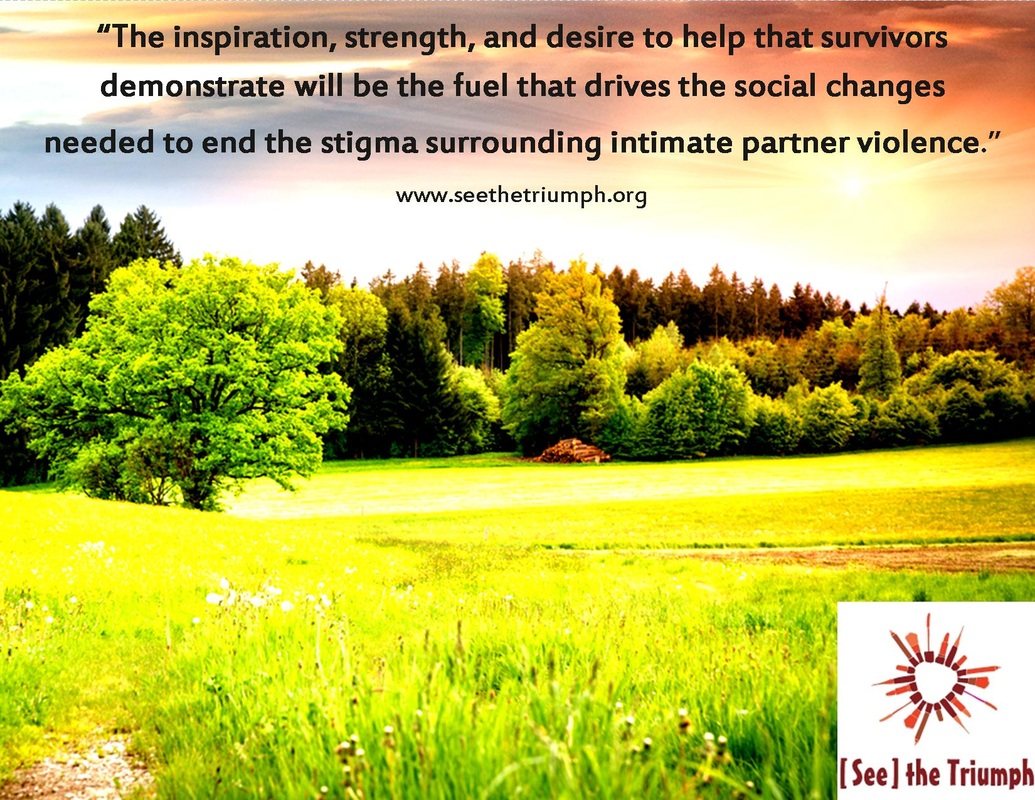
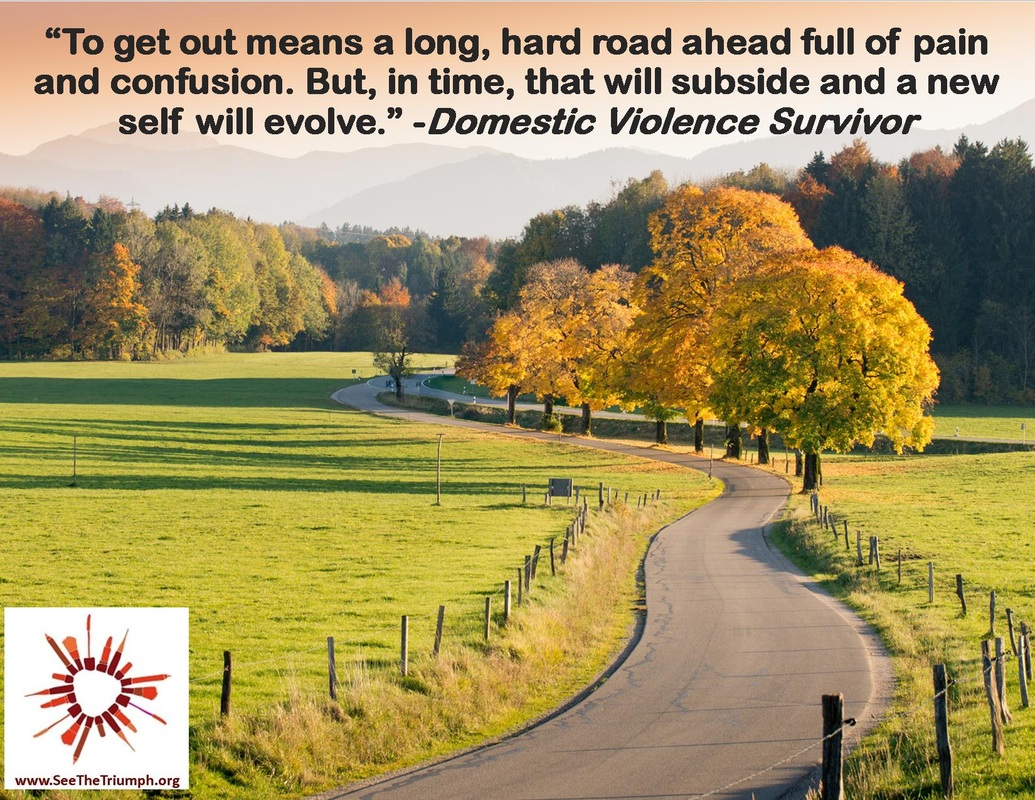
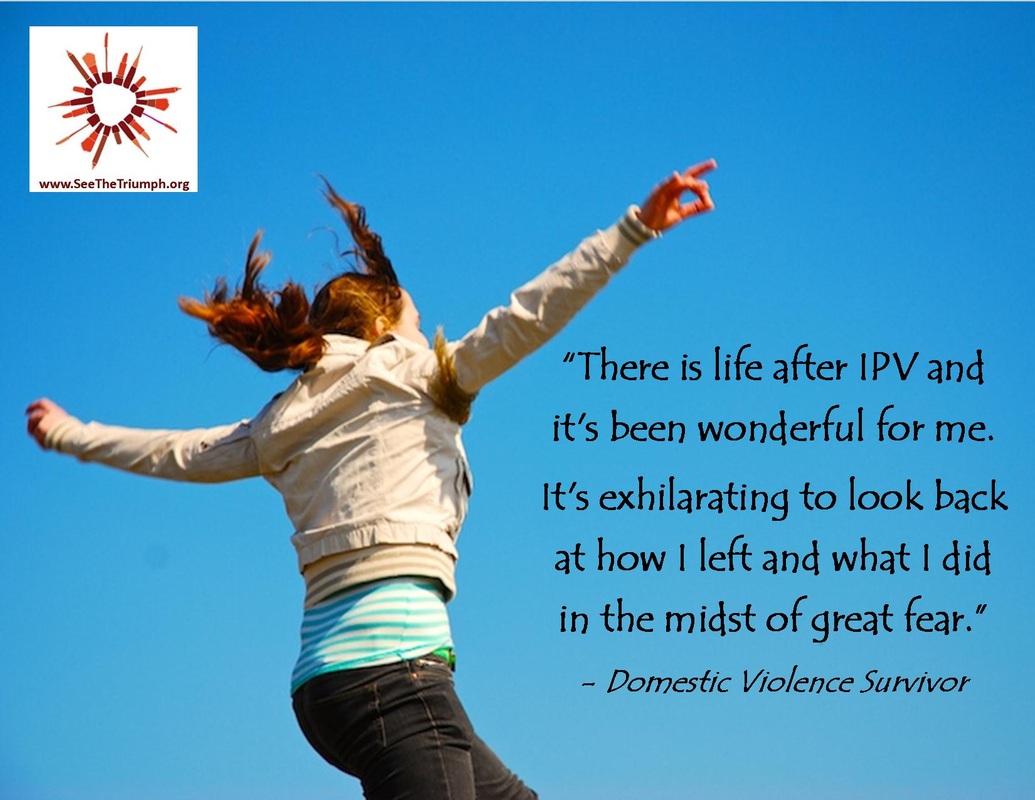
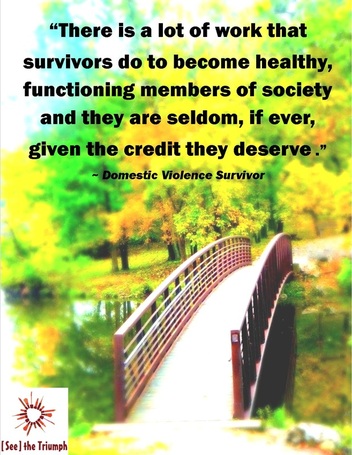
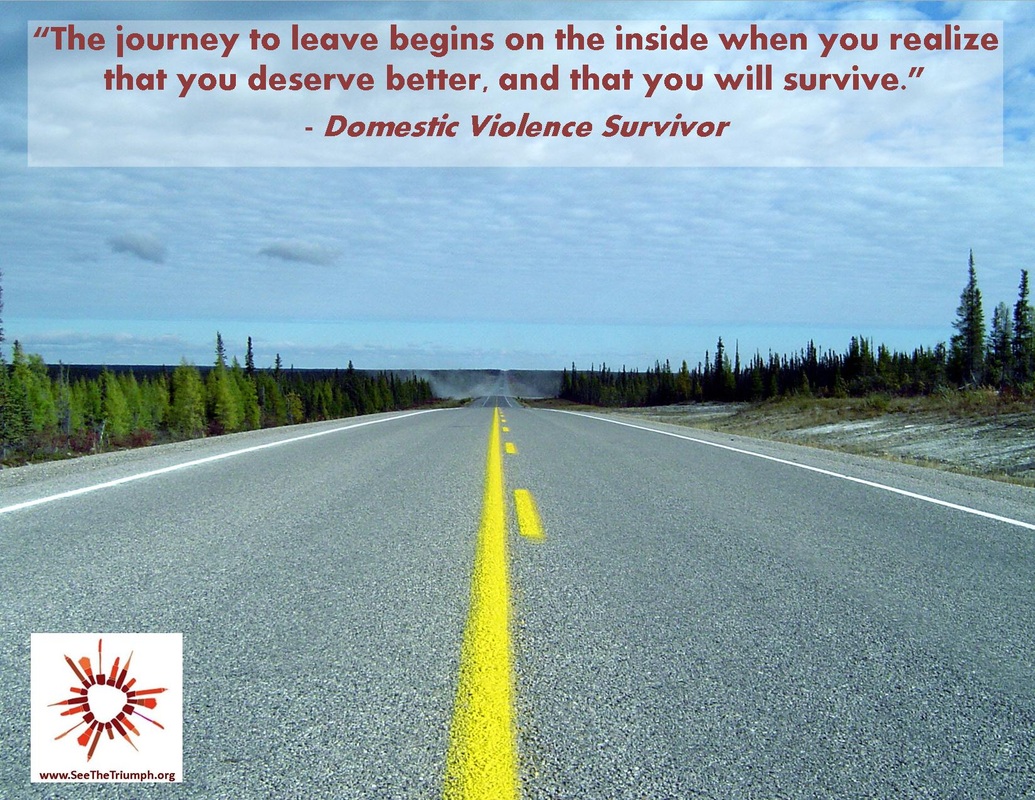
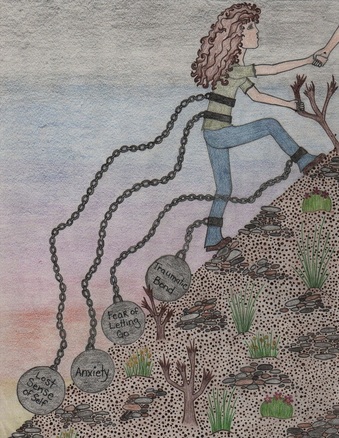
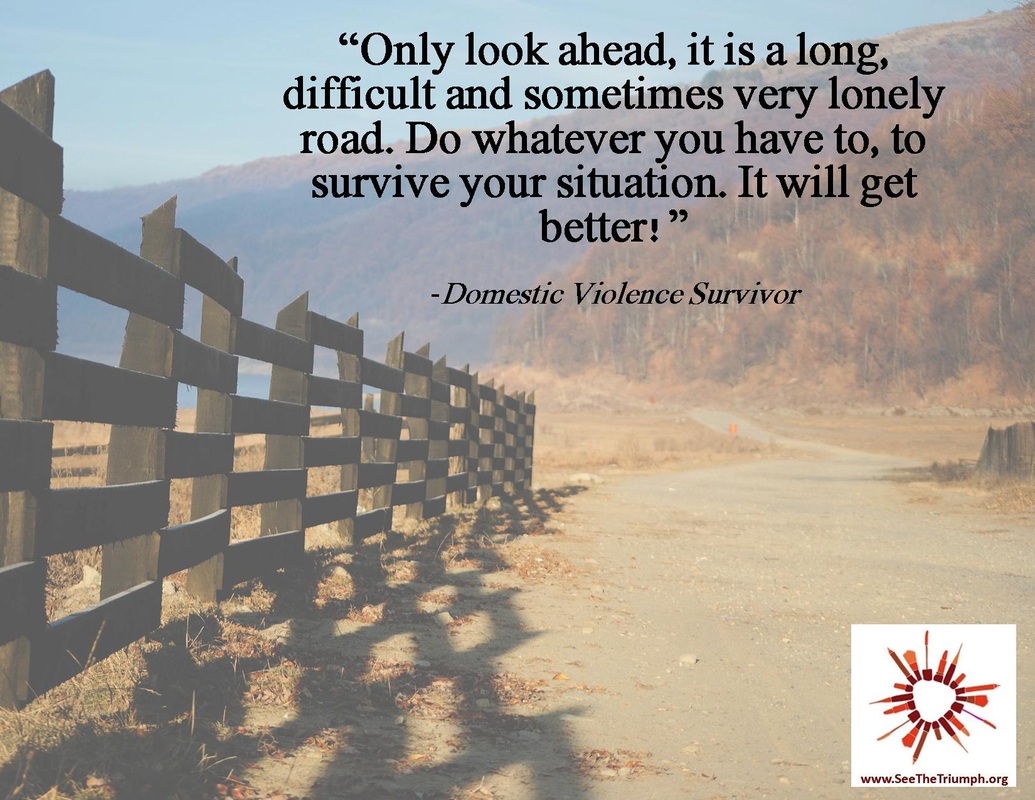
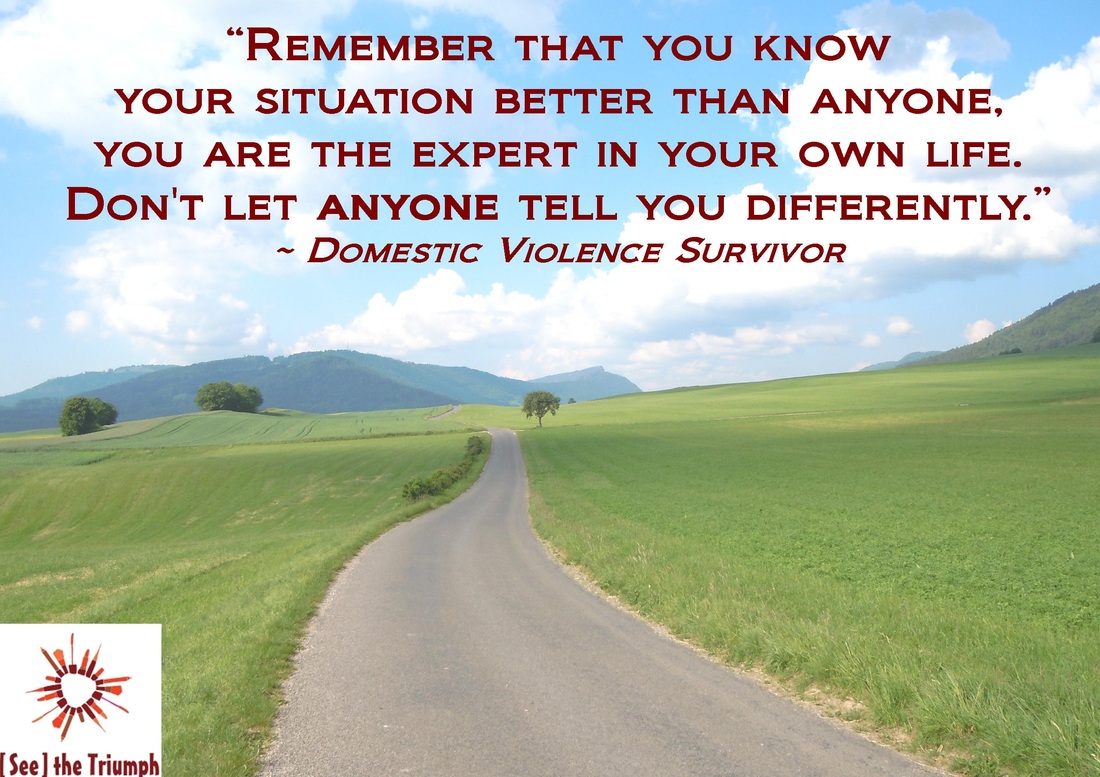
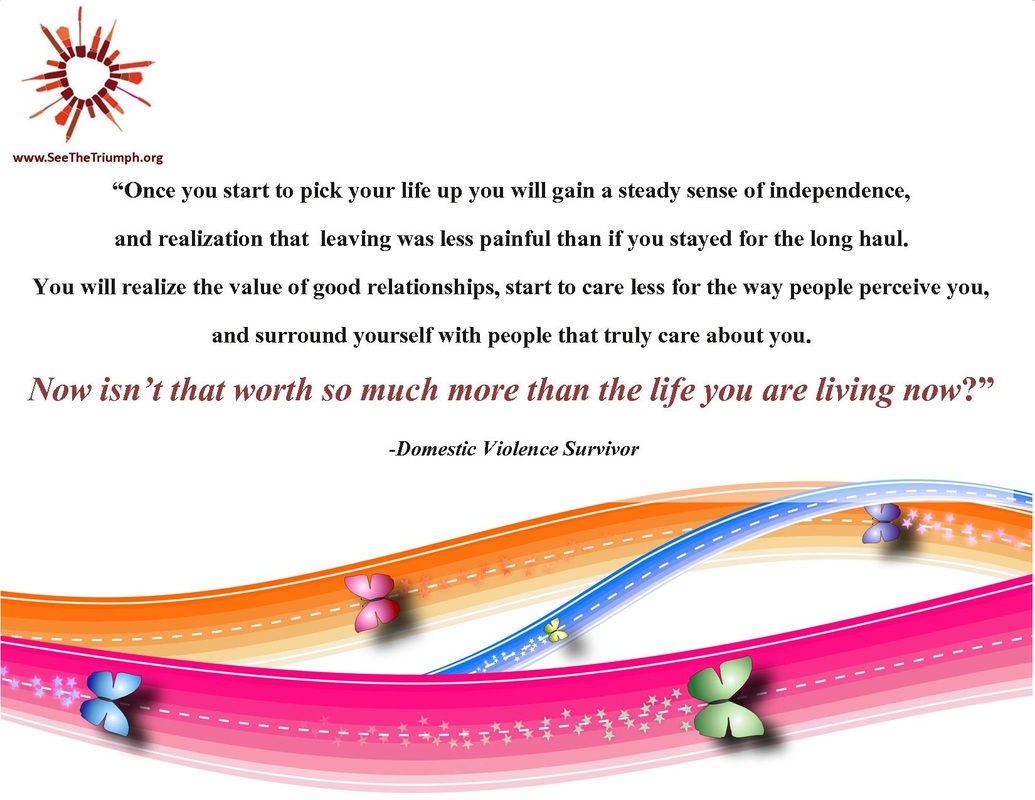
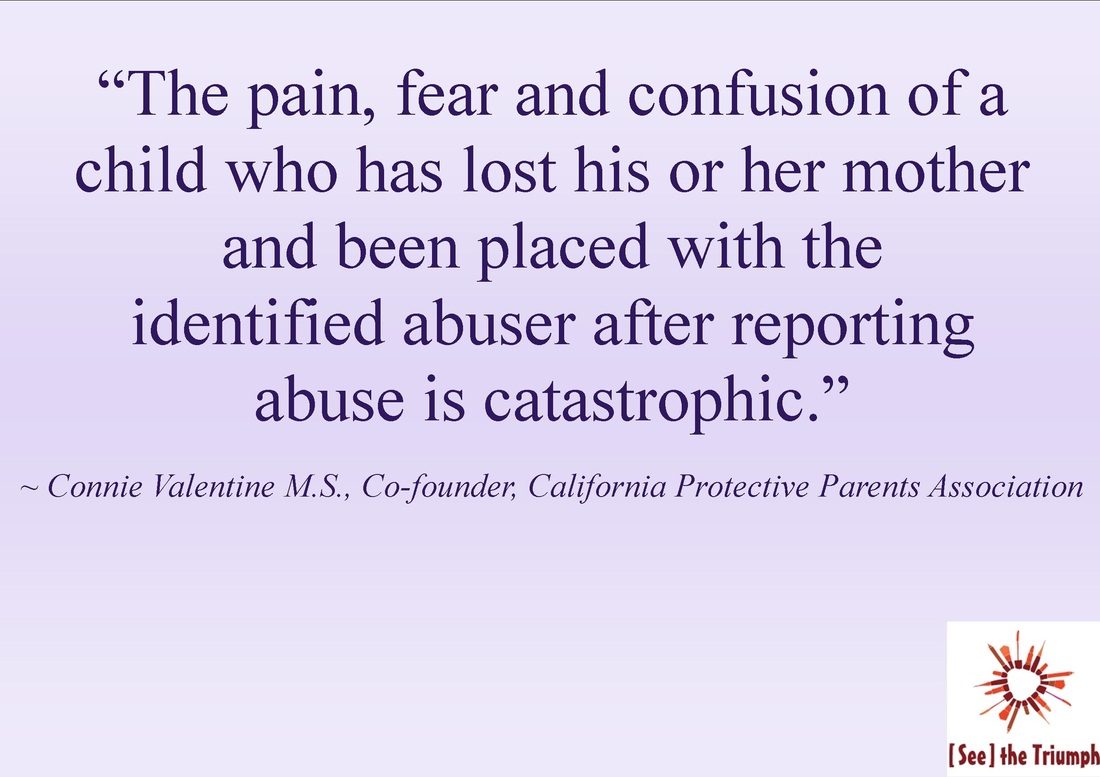
 RSS Feed
RSS Feed